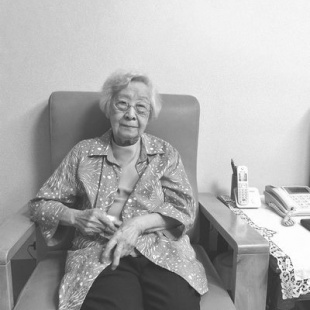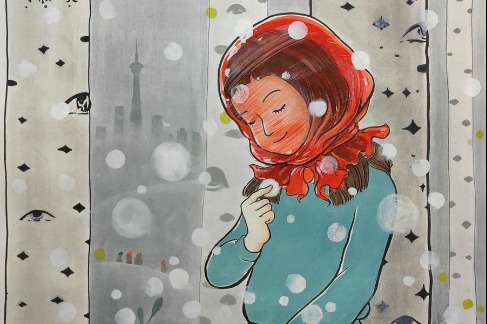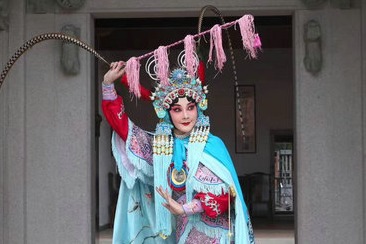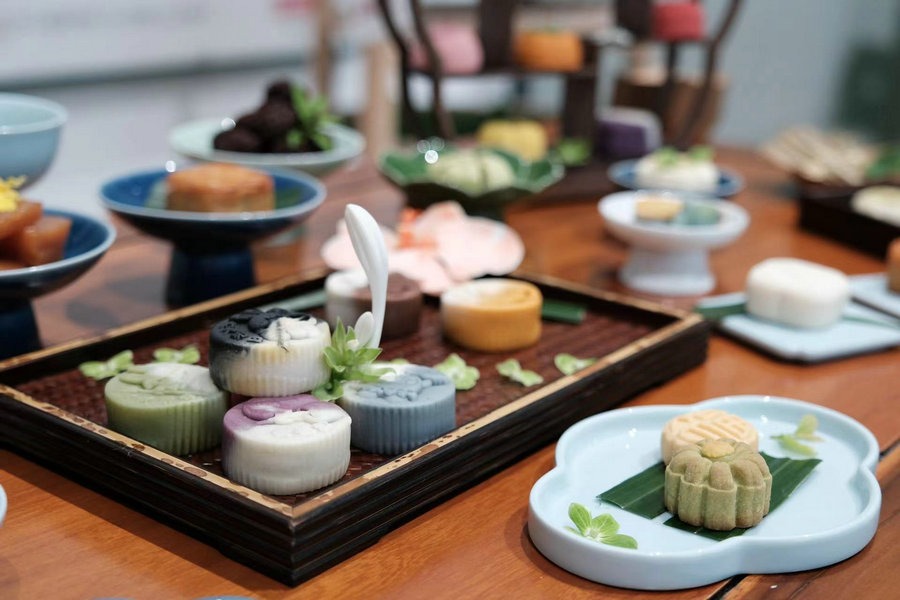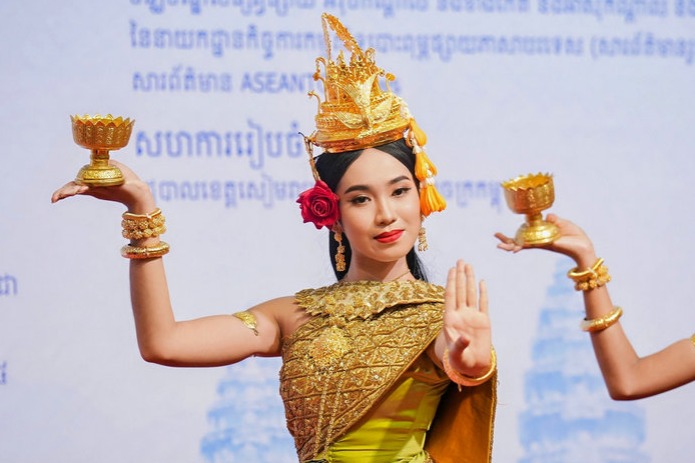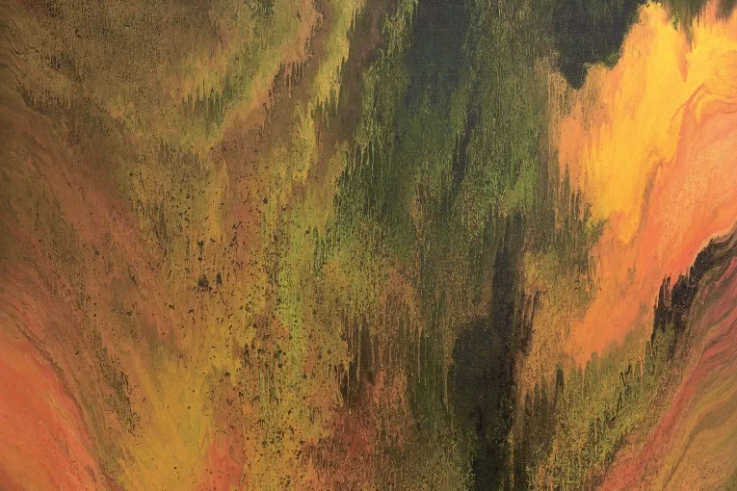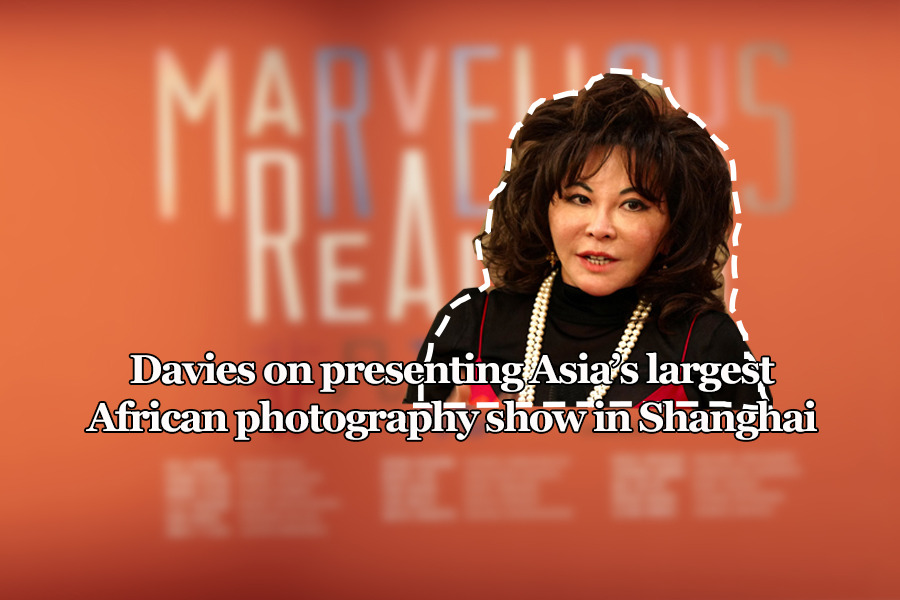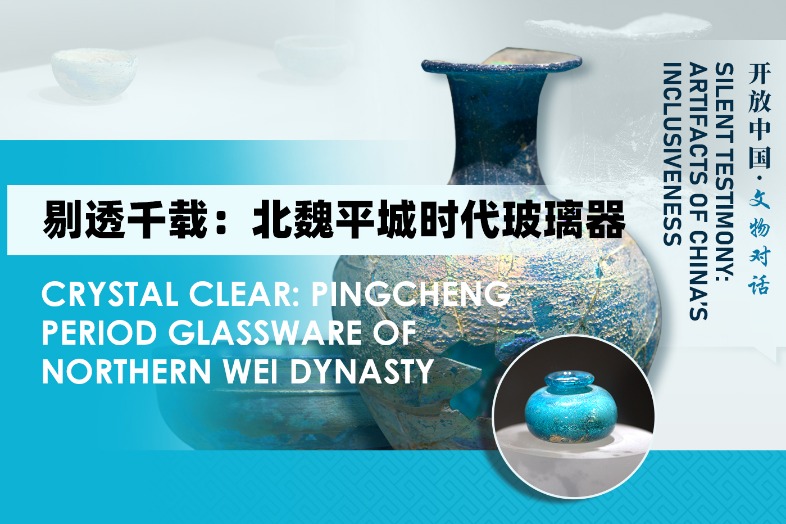Renowned scholar Chi Pang-yuan dies at 100 in Taiwan

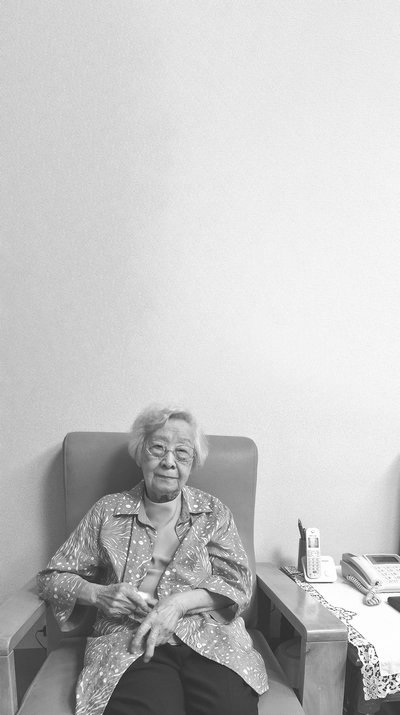
Chinese renowned scholar and author of Juliu He (The Great Flowing River) Chi Pang-yuan died, aged 100, on Thursday in Taoyuan, Taiwan.
Reviewing Chi's life, Taiwan writer Pai Hsien-yung said, "She has a righteous spirit. She is a song of righteousness."
Born in today's Tieling of Northeast China's Liaoning province on Feb 19, 1924, Chi spent her early years amid the smoke of war, living a displaced life. She experienced the turmoil of the 1920s and survived Japanese bombings during the War of Resistance Against Japanese Aggression (1931-45). In 1947, graduating from Wuhan University, she went to Taiwan to take up a teaching position with a return ticket, but ended up spending the rest of her life there.
In 1968, Chi went to study at Indiana University in the United States. The next year, she became the head of the Department of Foreign Languages and Literature at Chung Hsing University in Taiwan. She retired in 1988 as a professor in the Department of Foreign Languages and Literature at Taiwan University.
A promoter of literature, she edited, translated and published a variety of literary critiques, introducing a vast array of Western literature to Taiwan, and translating representative literary works into English. She also contributed significantly to cultural exchanges across the Taiwan Strait.
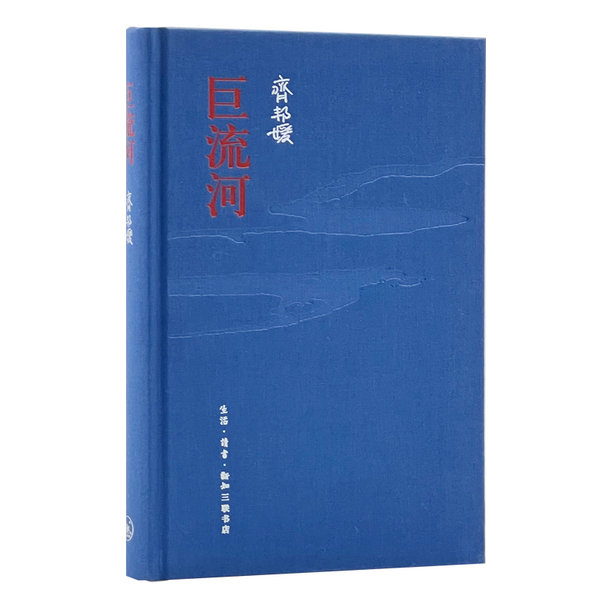
For readers across the Strait, Chi was most famous for her memoir, Juliu He, that she started writing when she turned 80 and took four years to compile. The book, published in Taiwan in 2009 and in the Chinese mainland in 2010, has also been translated into English and Japanese.
Named after the Liaohe River in Liaoning province, which was called the Juliu River during the Qing Dynasty (1644-1911), this epic narrative spans a century, chronicling the tumultuous times from the Juliu River in the Chinese mainland to Yakou of Taiwan.
This book follows two main plotlines. One traces the experiences of a father, Qi Shiying, displaying the resilience and dignity of a generation of Chinese people facing invasion. The other unveils Chi's personal experience, depicting the author's birth and childhood, her wartime evacuation to Chongqing, her education at Nankai Middle School and Wuhan University, and later her pursuit of an academic career in Taiwan.
Written in a gentle and restrained style, the book is not just a personal memory, but a historical testimony of 20th-century China, a memoir written to "commemorate a nation with backbone", as she said at a book launch ceremony in 2010.
David Der-wei Wang, a literary historian, critic, and the Edward C Henderson Professor of Chinese Literature at Harvard University, described in a comment that the book is "so sorrowful, so joyful, so unique", emitting a "pure" sound, "a clear and emotional voice forged from a thousand years of tears, transcending history". Juliu He, in the end, is the record of a person of letters bearing witness to history, he writes.
By 2016, the book had sold 260,000 copies. In the days following Chi's passing, as one of the most searched titles on online shopping platforms including JD and Dangdang, it has become a best-seller once more.
- Book review: The Life and Times of Hu Wenzhong at Beijing Foreign Studies University
- Nobel winner cherishes hometown memories
- Ethiopian painter takes his inspiration from Chinese classic <em>I Ching</em>
- Experts discuss new quality productive forces at Beijing seminar
- German student embraces traditional medicine


